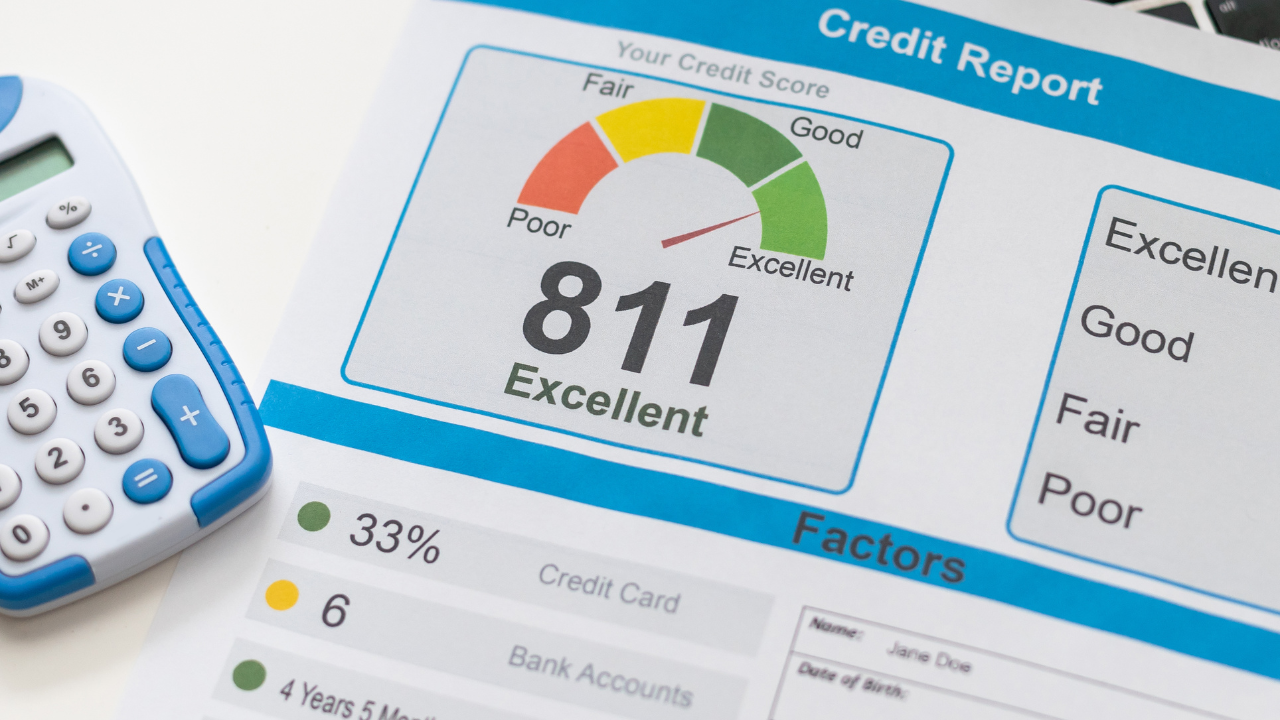How to Understand and Improve Your Credit Score

Key Takeaways
-
-
-
-
- Your credit score comes from the information in your credit report, which tracks your borrowing and payment history.
- You can check your credit score and report online for free.
- Improving your score is possible by addressing problem areas.
- Keeping an eye on your credit can help you catch and fix fraud.
-
Many people only think about credit scores when it’s time to borrow money. Banks and credit card companies look at your credit score to decide how much to lend you and at what interest rate. However, understanding and improving your credit score is something you should think about all year long.
What is a Credit Score?
A credit score shows how reliable you are when it comes to repaying loans. Lenders use this score to decide how much credit to offer you and at what cost. Your score is based on details from your credit reports, which include your account history, balances, payments, and more.
Credit Score Basics
The most common type of credit score is the FICO® score, which ranges from 300 to 850. Here’s how the scores are rated:
FICO® Score Ranges and Ratings 300 – 579 Poor 580 – 669 Fair 670 – 739 Good 740 – 799 Very Good 800 – 850 Exceptional FICO scores weigh five elements of your credit activity. Each category’s percentage indicates how important that activity is to your overall score.
- Payment History – 35%—Paying bills on time is a key factor in your credit score. Missing a payment, even by 30 days, negatively affects your score. Other factors such as loan defaults, bankruptcies, and foreclosures also contribute to your payment history and can lower your score.
- Amounts Owed – 30%—The total amount you owe can influence your ability to secure new credit. FICO evaluates how much credit you’re using, the overall debt you have, the balance on installment loans compared to their original amounts, and how many accounts carry balances.
- Length of Credit History – 15%—Your credit score benefits from responsible credit use over time. FICO looks at the age of your accounts: the oldest, the newest, the average of all your accounts and how long your accounts have been open.
- New Credit – 10%—Each time you apply for credit, the lender pulls your credit report (this is called a hard inquiry) which is factored into your credit score. FICO also considers how recently you’ve opened a new account.
- Credit Mix – 10%—Successfully managing various types of credit, like installment loans, credit cards and mortgage loans, can have a positive effect on your credit score.
Where to Find Your Credit Score and Credit Report
You can check your credit score for free. Many credit card companies and lenders include it on your statements or their websites. You can also get a free credit report from the three major credit bureaus (Experian, Equifax, and TransUnion) at AnnualCreditReport.com.
How to Improve Your Score
If your credit score needs improvement, here are some tips:- Pay on Time – Always make your payments on time. If you forget, set up automatic payments through tools like Lake City Bank Digital Bill Pay.
- Reduce Debt – Try to pay down your balances. If you have a lot of debt, consider consolidating it with a loan or transferring it to a low- or no-interest credit card.
- Keep Old Accounts Open – Don’t close your oldest accounts. They help show a longer history of responsible credit use.
Why It Matters
Keeping your credit score healthy can save you time, money, and stress. It also helps you spot fraud early. Services like Experian® IDnotify® (available through Lake City Bank Digital) offer tools like alerts, credit score reporting, and identity theft protection to make monitoring your credit easier.*By staying informed and taking small steps, you can manage your credit score and protect your financial future.
*Additional fees may apply.
-
-



